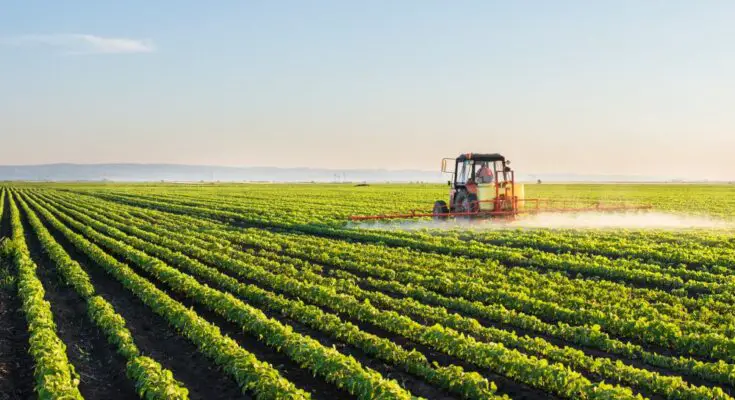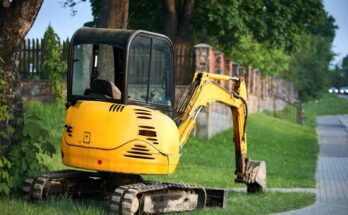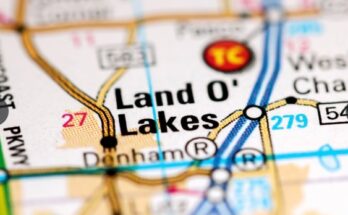Farming is a rewarding but unpredictable business. Running a farm comes with its share of risks, from unexpected weather events to potential accidents. Having the right insurance policies in place is key to safeguarding your livelihood. Here’s a rundown of must-have insurance coverage for every farmer should have.
1. Crop Insurance
Weather extremes, pests, and plant diseases can seriously impact your harvest. Crop insurance shields you from financial losses by compensating for reduced yields or revenue drops caused by these factors. Effective use of crop insurance allows you to recover quickly and keep your farm on track even after tough seasons. Look for policies that offer options tailored to the crops you grow.
2. Livestock Insurance
If your farm includes animals, livestock insurance is a must. This coverage compensates for losses due to diseases, accidents, or theft. With the rising value of livestock, this policy protects your animals’ worth and ensures stable cash flow regardless of setbacks.
3. Farm Property Insurance
Farm equipment and structures represent a significant portion of your farm’s assets. Farm property insurance protects your barns, silos, tools, and other critical facilities from damage caused by events like fires, floods, or vandalism. Without this coverage, replacing equipment or repairing structures could lead to heavy out-of-pocket expenses.
4. Liability Insurance
Farms face risks beyond physical assets. Liability insurance financially protects you if anyone receives an injury on your property or if you’re held legally responsible for damage to someone else’s property. Whether it’s visitors, contractors, or accidents related to your farm’s operations, liability coverage helps minimize financial strain in such cases.
5. Equipment Breakdown Insurance
Modern farming relies heavily on machines, and equipment breakdowns often halt productivity. Equipment breakdown insurance covers the costs of repairing or replacing anything from tractors to irrigation systems. With this coverage, you reduce downtime and keep production moving smoothly.
6. Workers’ Compensation Insurance
Workers’ compensation insurance becomes essential if you hire employees to assist with farm operations. This policy covers medical expenses and lost wages if an employee gets injured, reducing risk for your team and your bottom line. Having proper coverage also helps you comply with labor laws.
7. Business Interruption Insurance
Unforeseen events, like natural disasters, could interfere with daily farm operations and halt income. Business interruption insurance fills the gap by covering lost income during downtime. This type of coverage minimizes your loss and helps your farm recover financially after unexpected interruptions.
No two farms are the same, so take the time to find insurance policies that cater to your unique needs and risks. You should partner with an insurance provider familiar with agriculture to explore tailored options for your farm’s requirements. Investing in these essential coverages gives you the tools to face challenges confidently and keep your operations running smoothly.



